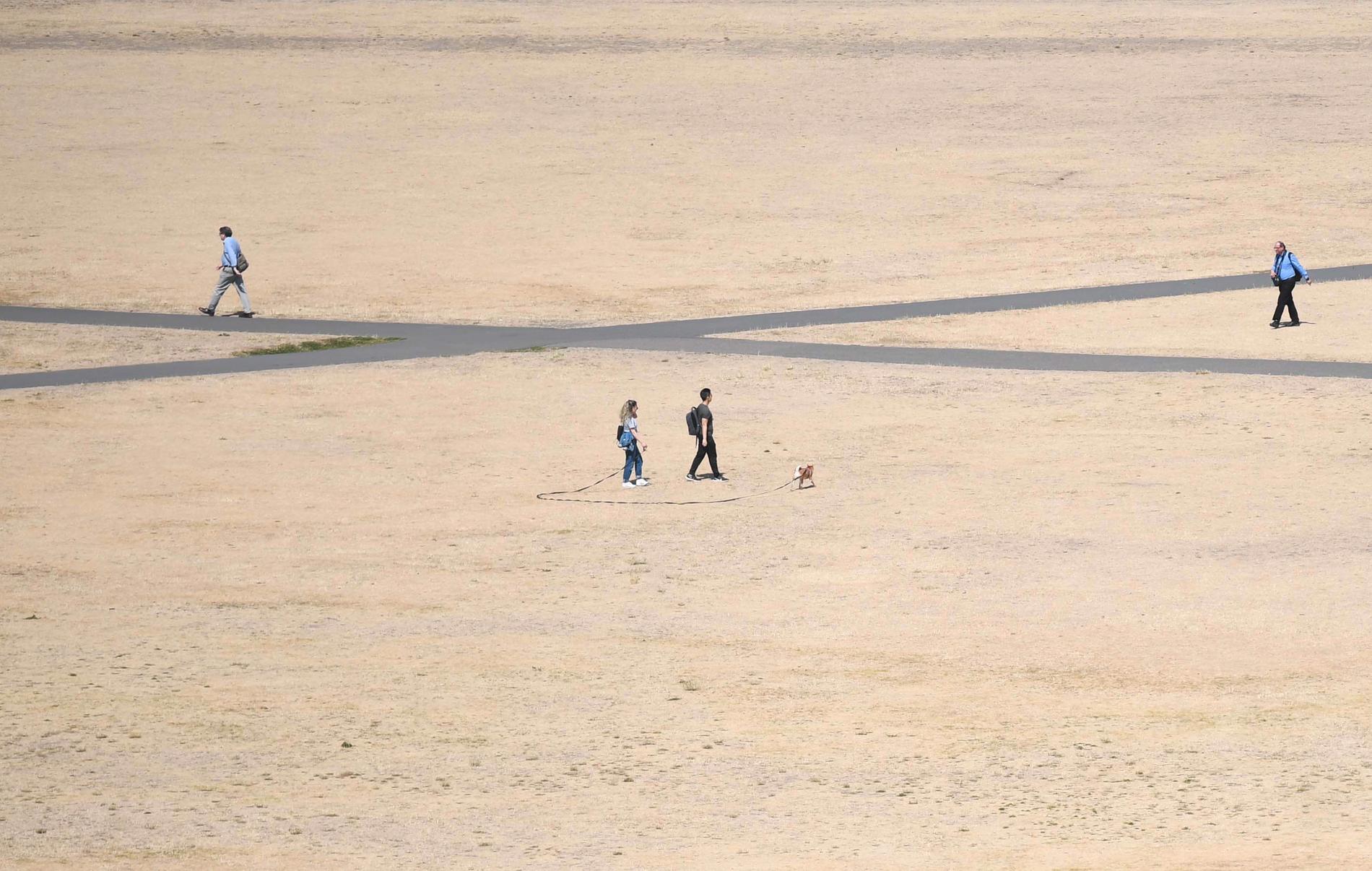While heat waves and forest fires are ravaging Europe, the water level in numerous rivers and lakes in several countries is at a critical level. – This is heavily influenced by climate change, says the researcher.
Less than 30 minutes ago
–
Greenwich Park, a famous green lung and a favorite retreat for city-weary Londoners, is now reduced to a pale brown barren plain.
Before the weekend, firefighters called London grass a fire trap, where “the smallest spark can ignite a flame that will cause destruction.”
Southern England has just experienced the driest July on record. And August so far is no better: in the north-east of England it rained just 12 per cent of the average, while in the south-east and south-west it did not rain at all.
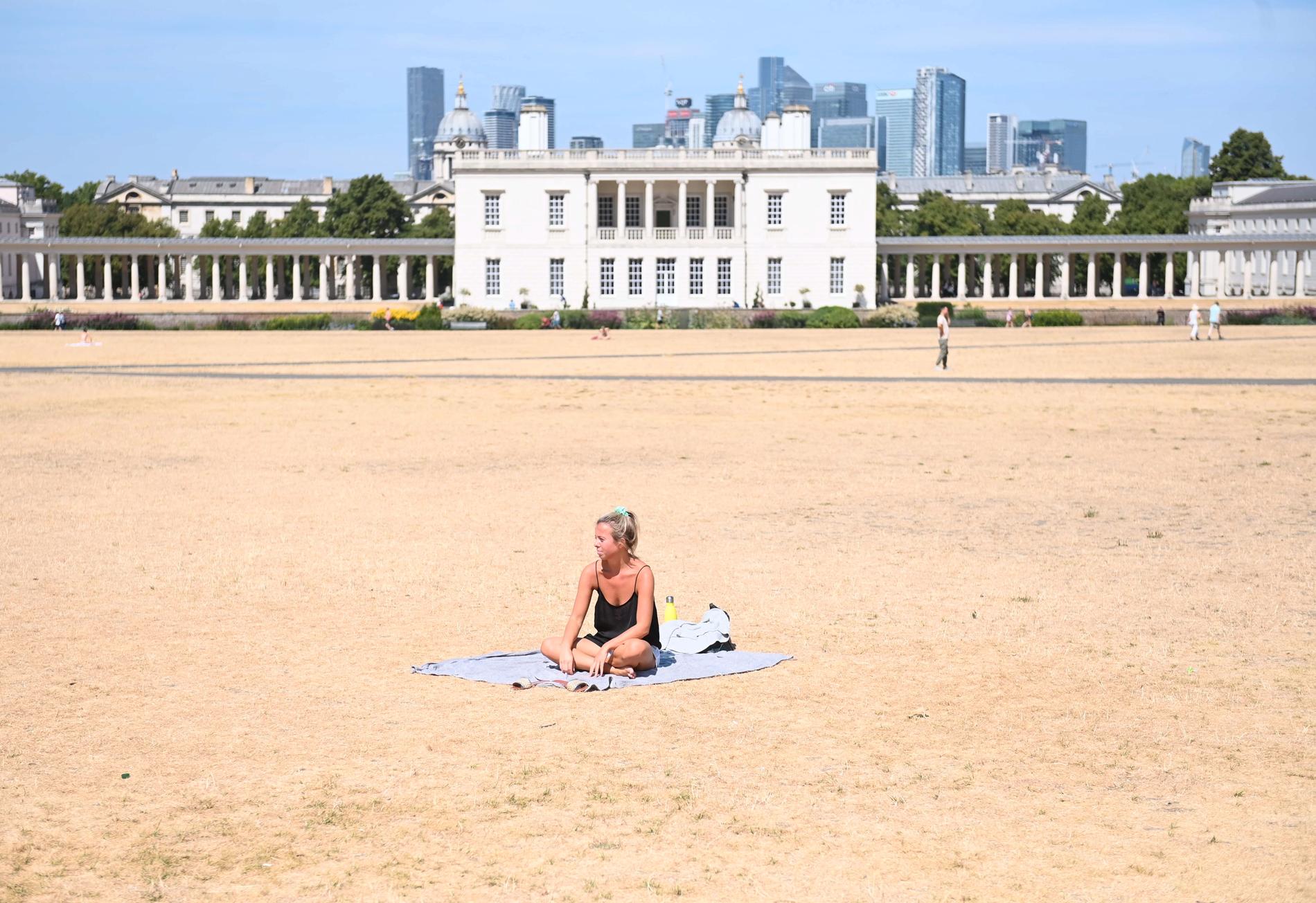 –
–Due to the lack of rain, nearly 90 per cent of rivers in England have a lower than normal flow rate and 29 per cent of them have an exceptionally low flow rate.
Now the British authorities have declared a drought, which will be followed by extensive restrictions on the use of water.
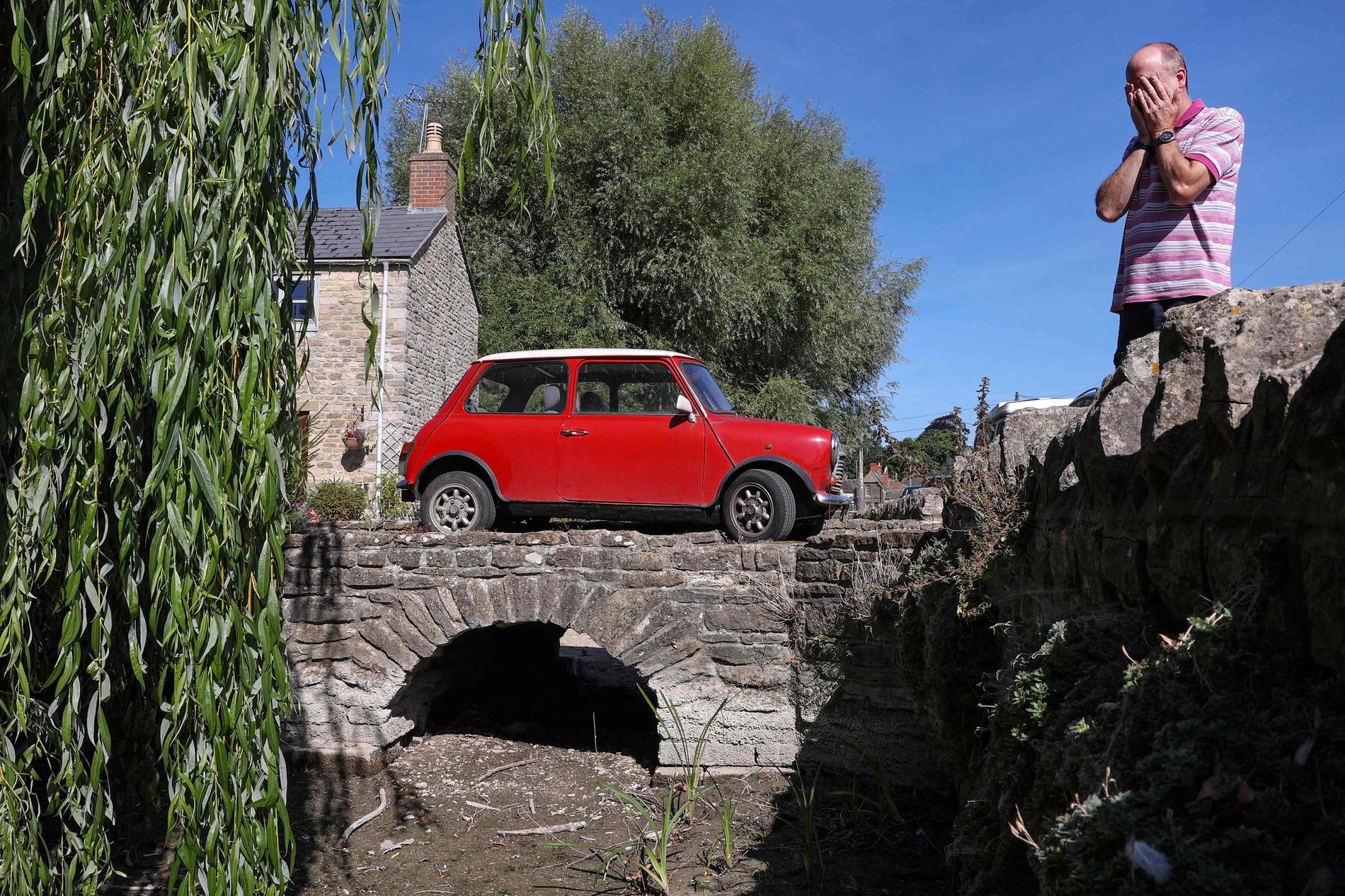 –
–Difficult for shipping
In the majestic German Rhine, one of the most important trade routes in Europe, there is also far less water than usual.
The water level is about to reach a critical level and it may be appropriate to limit the transportation of oil and gasoline on the cargo barges on the river. In the narrow, shallow section of Kaub, the water level before the weekend was near the critical limit for safe river navigation.
The shipping company HGK Shipping accepted BBC that it is likely that the Upper Rhine will be completely closed to traffic.
1 / 2
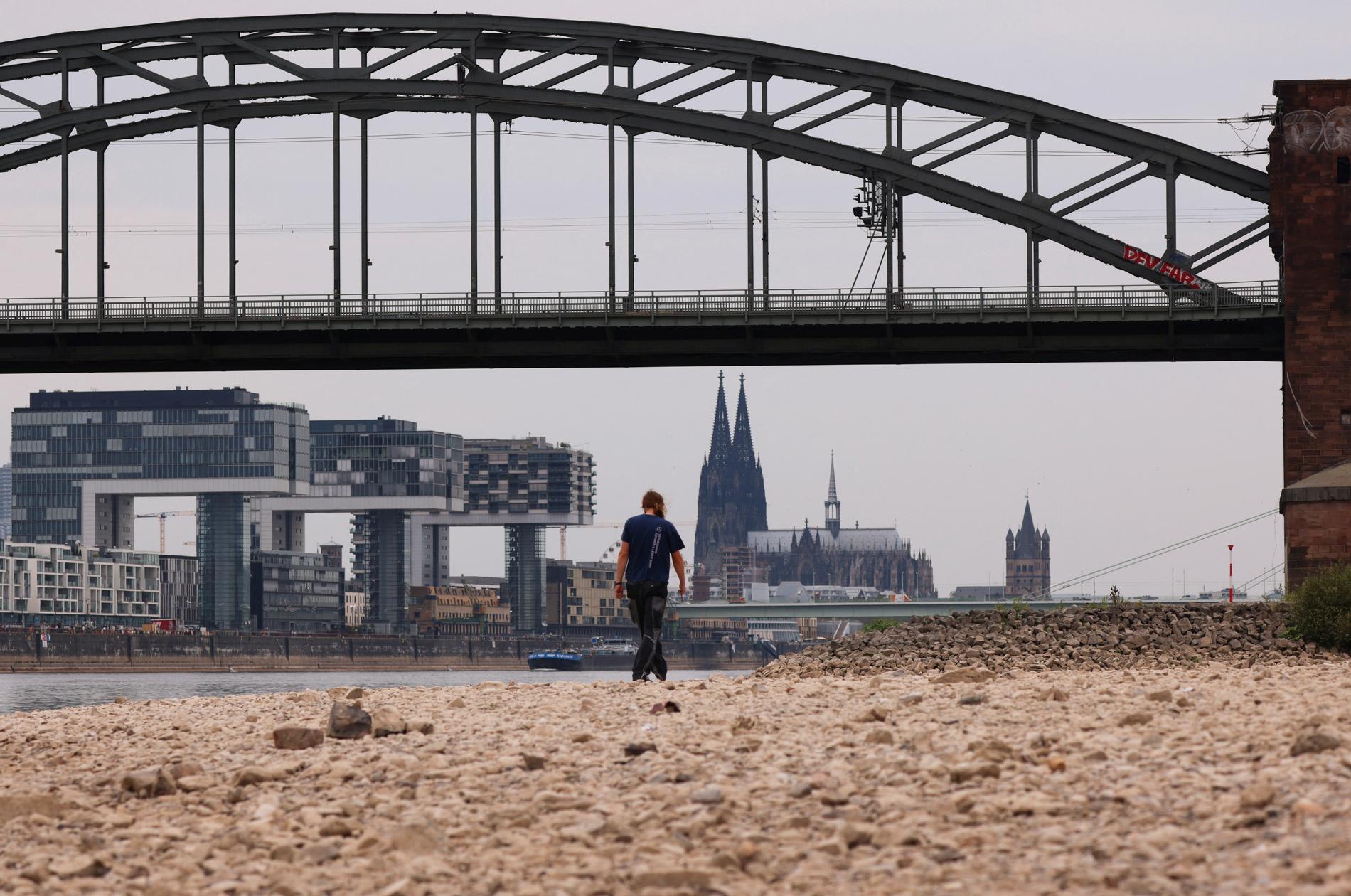 –
–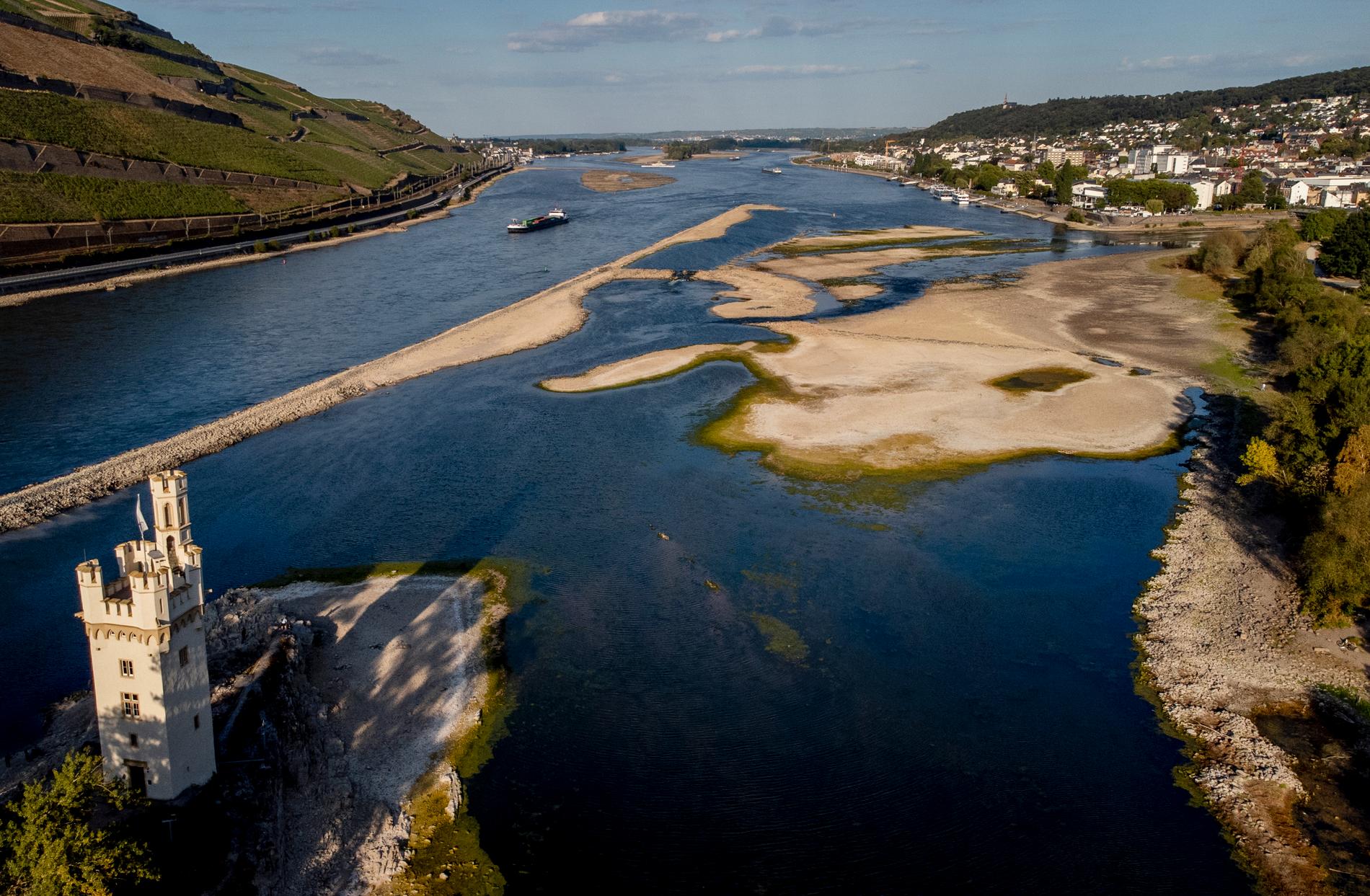 –
––
–
Water lost in rivers – agriculture suffers
Northern Italy is also in a critical period of drought, which has hit the largest lake in Italy, Lake Garda. according to Euronews the lake is now near the lowest level ever measured. The temperature in the water also rose to 26 degrees and much of the water evaporated.
Italy’s longest river Po is also severely affected, which in turn affects agriculture that depends on river water. Between 30 and 40 percent of the seasonal harvest is believed to have been lost due to drought.
1 / 2
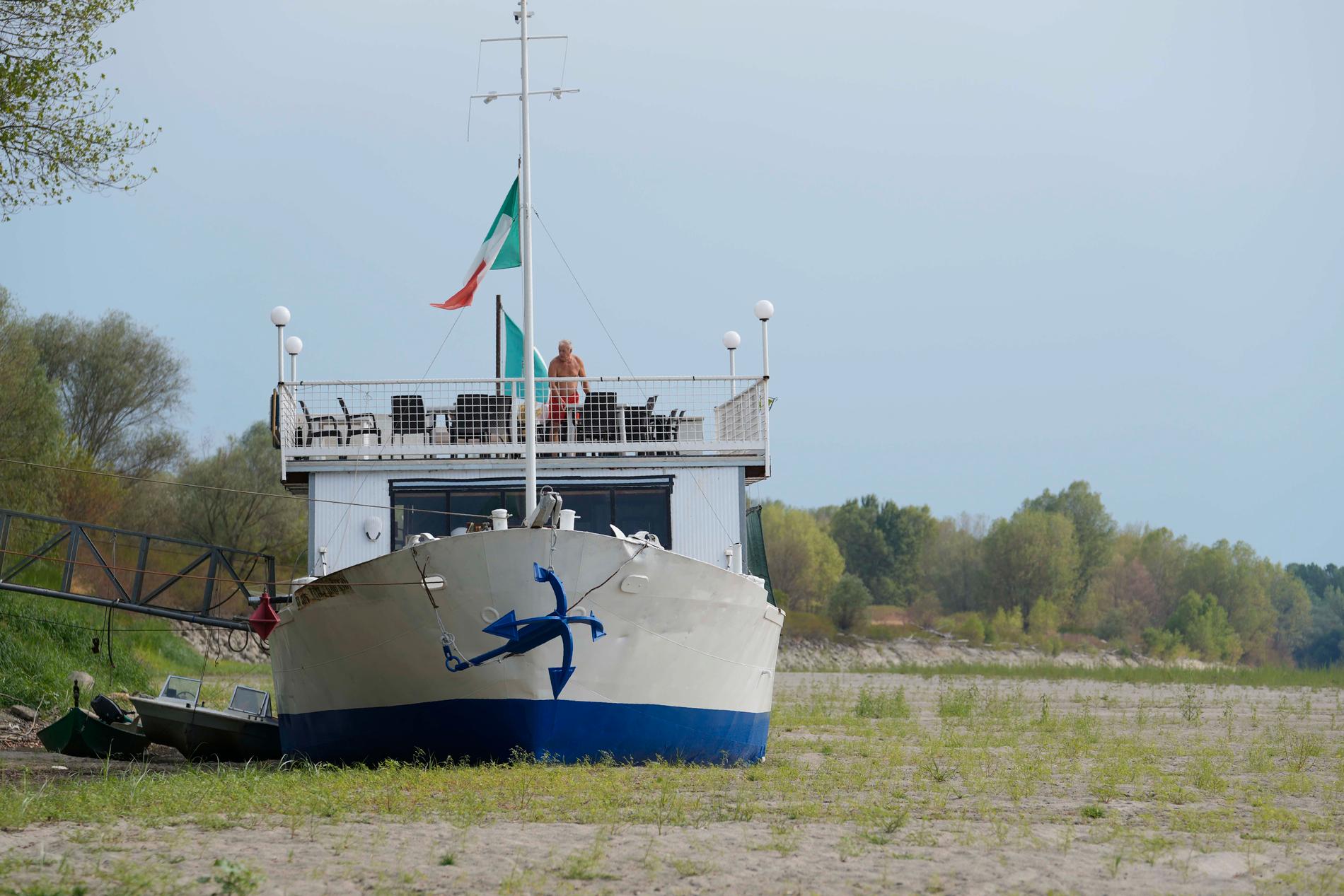 –
–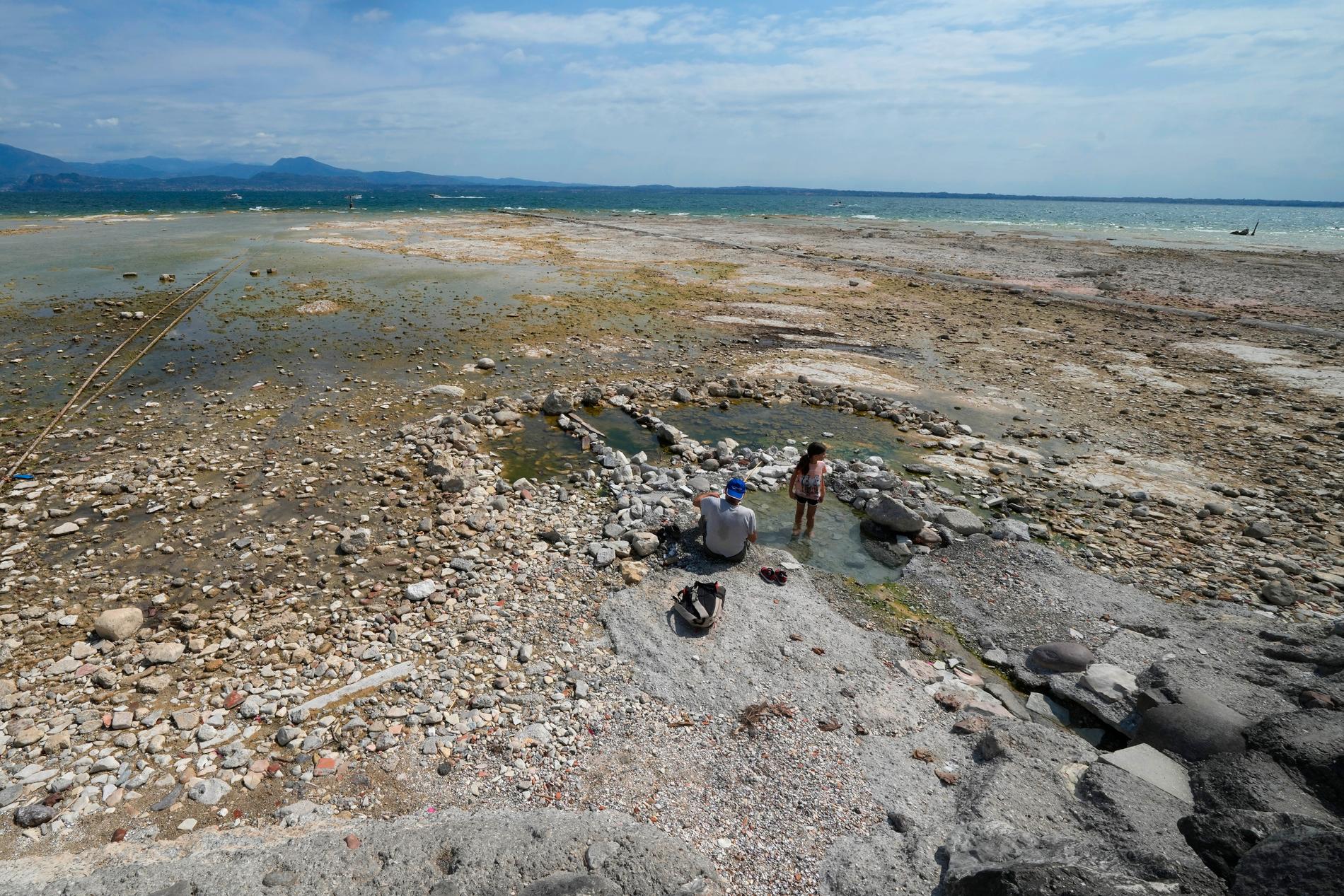 –
––
–
Dramatic news – same story
As with the Thames, the Po and the Rhine, other rivers and lakes are also affected across the European continent. At the same time, firefighters fought intensively against forest fires in Spain and France.
These individual news items are part of the same story, points out Bjørn Hallvard Samset, a climate researcher at the CIERO Center for Climate Research:
– This is strongly influenced by climate change. Heat waves like this and associated drought are exactly the kind of extreme weather we warned about in the UN’s climate report last year, he tells VG.
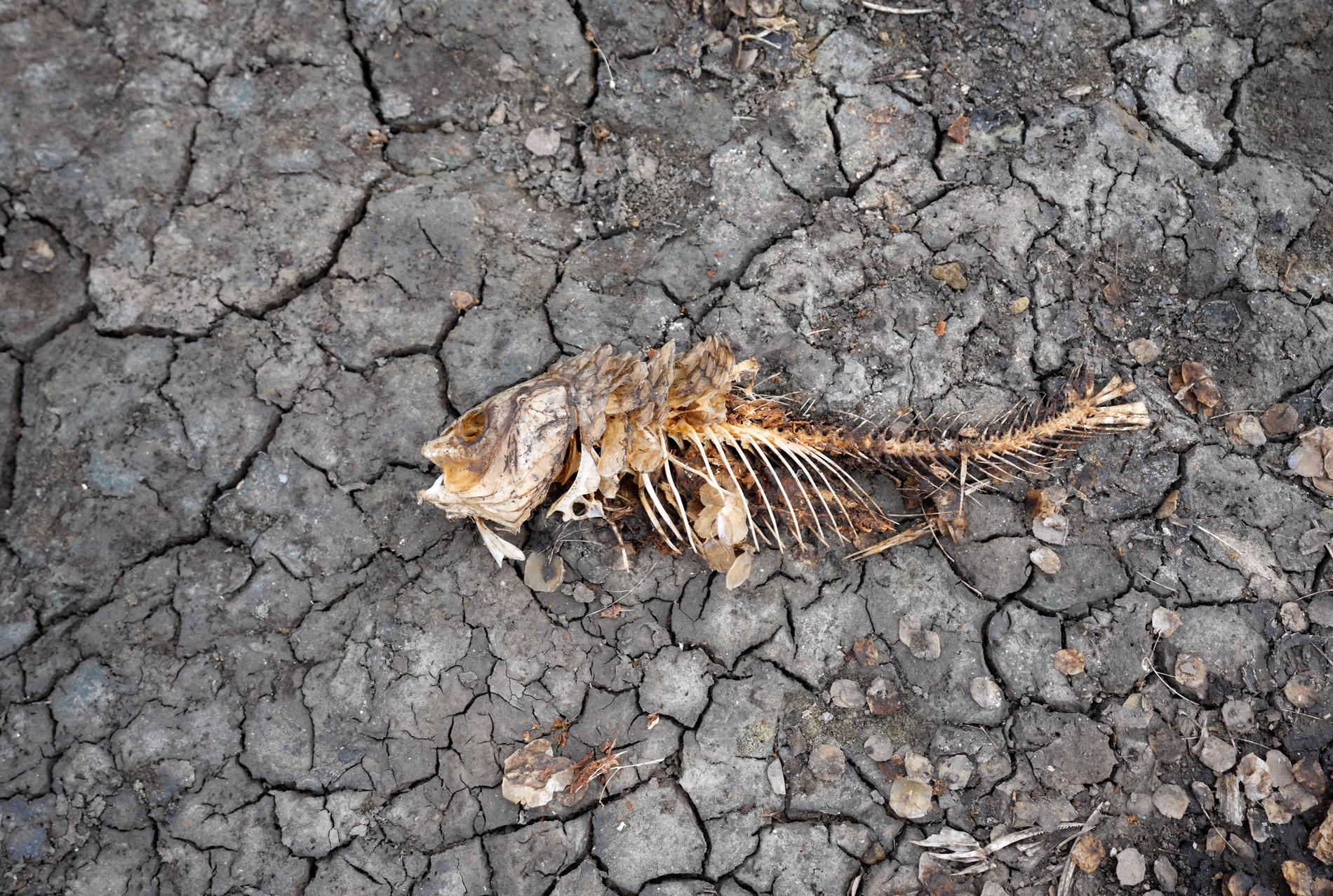 –
–Samset believes the world will see more and more of this type of heat wave as global warming gets stronger.
– It won’t happen every year, but they will come more and more often, he says.
The researcher believes there will be less rain throughout Europe south of Denmark in the years to come. And combined with heat waves, it will create the conditions for drought.
– So to speak, all the extreme weather events we see today are completely climate-influenced. They are often up to 10, 15, 20 times more likely than they were before global warming, Samset says.
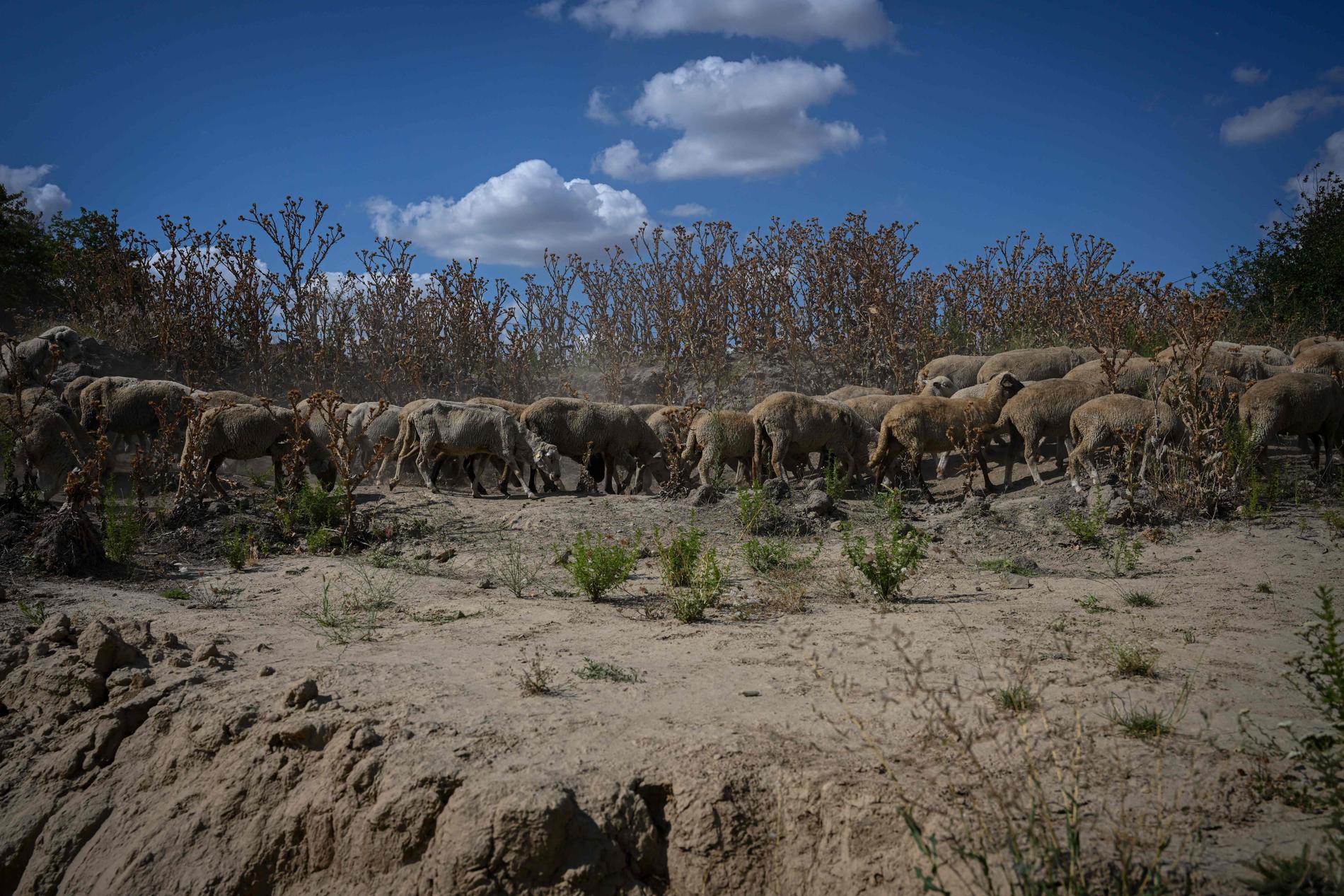 –
––
